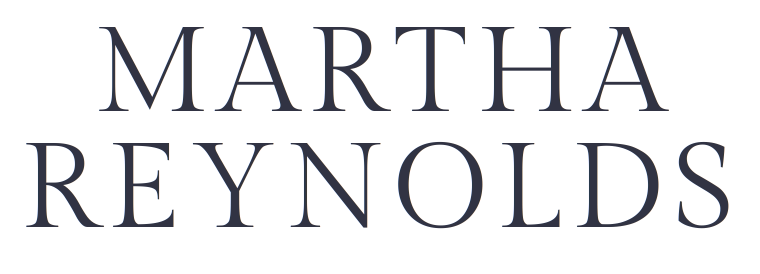Nov 16 - Meet RI Author Kimberly Kowal Arcand

At seven years old, I proudly announced to my parents that I was going to be an astronaut when I grew up. Even though they could not drag me on an amusement park ride more adventurous than a bumper car, my parents apparently thought it best not to discourage me. I had one of those little white plastic Space Shuttle models with a working cargo bay, and I would fly it around my room and make up pretend missions with pink and blue Care Bears serving as the crew.
Alas, it was not the career for me. Neither was being a doctor, which came later (I realized I didn’t like needles), nor a veterinarian (this was quickly squashed by a stint volunteering in an animal hospital). I knew that I wanted to do something in science -- I just wasn’t sure what form it would take.
Fast forward a few decades and you find me happily working for NASA's Chandra X-ray Observatory, a mission that studies the high-energy phenomena of the Universe such as exploding stars, black holes, and colliding galaxies. My feet are planted firmly on the ground, but as Visualization Lead for Chandra, I get to use data to tell exciting stories about objects that are far, far away. These stories can be in the form of a tweet about distant colliding galaxies to a 3D-printed model of an exploded star in our Milky Way (http://3d.si.edu/explorer?modelid=45) and lots of things in between.
Beyond my day job using data to tell stories of the high-energy Universe, I found a path to telling stories in writing science books. I have always enjoyed reading and writing, since I was young enough to understand the words. I fondly recall a mythology-writing exercise in my 6th grade English class, where I used leftover silver brocade wallpaper to cover the cardboard binding of my original story -- complete with painstakingly hand-colored illustrations -- about where rain came from.
Today, I am happy that the binding techniques of my current books are a bit more sophisticated, and the visuals I curate come from artists, photographers and scientists around the world.
In essence, the storytelling truly matters. Science can be complex, so how the story is told is incredibly important. For me, coming up with the best visuals, metaphors, tone of the book is a key part to making scientific topics accessible. I love the process of figuring out all the details to create a book that can be entertaining as well as informative.
Kimberly Kowal Arcand is the co-author of three popular science books including the new release “Light: The Visible Spectrum and Beyond” with Megan Watzke, published by Black Dog & Leventhal/Hachette Book Group. Find the book on Amazon or visit her website here 
